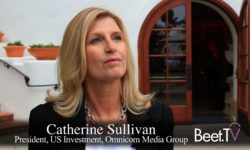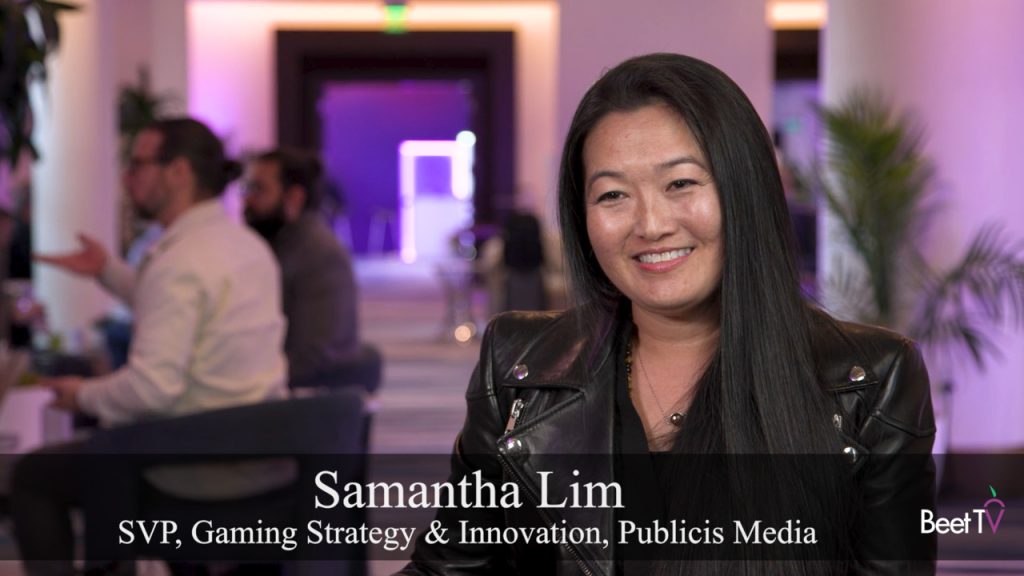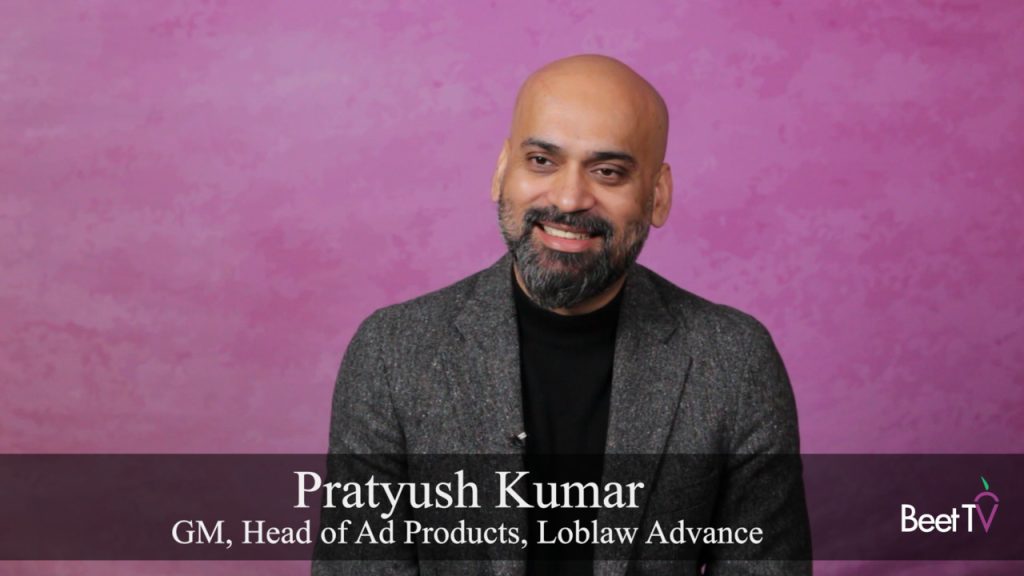While there are tactical ways to make advertising more relevant, Terry Kawaja believes there’s a bigger concept at play: relegating interruptive advertising to the past.
The Founder & CEO of LUMA Partners will be one of some 250 industry leaders attending The Relevance Conference hosted by AT&T in Santa Barbara on Sept. 24-26. On the opening day he will join Otter Media’s Tony Goncalvez and others on a panel titled Putting A Price On Content that will explore the “happy medium” between paid subscription models and ad-supported media.
While AT&T has planted a very large flag in acquiring some of the biggest content and adtech assets, it all comes down to brands changing the ad experience for consumers who have lots of choices, he says in this interview with Beet.TV at the annual DMEXCO conference.
“It will be very exciting to see a company with deep pockets, very, very capable, pursue the dream that is convergent television,” he says of AT&T in the wake of its bringing Warner Media and AppNexus under its communications, content and advertising umbrella. “It’s great for ad tech but forget that, it is great for media and marketing writ large. This is a company that demonstrates that it’s not afraid to put its money where its mouth is and get the very, very best.”
At base level, relevance can have meaning with respect to targeting, personalization and other tactics, but with today’s consumers there is a much higher level at which the term needs to be considered, according to Kawaja.
“Netflix has trained them that they can get premium content without interruption,” he says, and “with the training that these paid models have got us all used to, now it’s hard to go back, either once you have the skip button on an ad or just don’t see any ads at all. The ads have to have a different nature.”
Noting that the advertising industry is one “built on the premise of interruption,” he adds, “I think we have to get away from that.”
He cites as an admittedly “extreme” example paid search, where unlike other advertising, consumer intent means everyone involved can win.
“If I’m looking for a Thai restaurant in St. Louis and I enter that search result, I’m going to get back a bunch of media with ads in it. Turns out the ads are facilitative of my original intent of pursuing that media.”
More in the mainstream realm, he mentions ads in The Weather Channel app that don’t block the experience because they’re in the background, juxtaposed with current weather conditions. “The ad is, in fact, additive to the content. At the core we need less advertising, certainly less interruptive advertising and the notion of relevance I think gets to that acknowledgement that we need a better consumer experience.”
This video is part of a series leading up to and documenting the AT&T Relevance Conference in Santa Barbara. For more videos from the series, please visit this page.














































